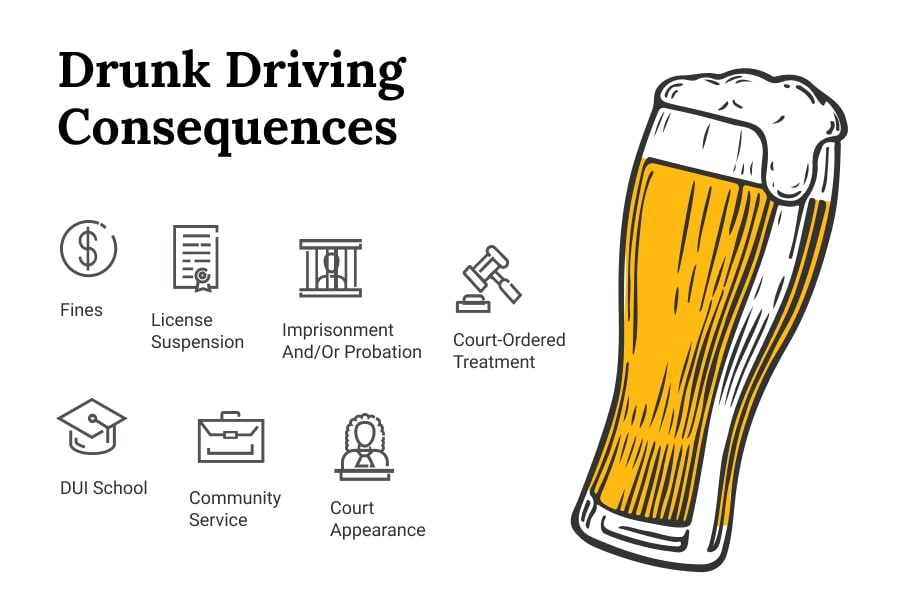Understanding DUI Education Programs
DUI education programs are designed to inform individuals about the consequences of driving under the influence and to promote responsible behavior. These programs often include a combination of lectures, discussions, and activities aimed at educating participants about the dangers of impaired driving.
In Texas, completing a DUI education program may be mandated by the court as part of a sentence for a DUI conviction. These programs typically cover topics such as the legal implications of DUI offenses, the physiological effects of alcohol and drugs on driving abilities, and strategies for avoiding future offenses.
Legal Consequences of a DUI Charge
Being charged with a DUI can lead to severe legal consequences, including fines, license suspension, and even imprisonment. Understanding these potential outcomes is crucial for anyone facing such charges, as it can impact their future significantly.
In Texas, the penalties for DUI offenses can vary based on factors like prior convictions and the circumstances of the arrest. For example, first-time offenders may face less severe penalties than repeat offenders, but even a first offense can result in hefty fines and mandatory participation in educational programs.
Defending Against DUI Charges
Defending against DUI charges requires a thorough understanding of the legal system and the specific circumstances surrounding the arrest. Individuals accused of DUI should consider consulting with a knowledgeable attorney who can help navigate their case and explore potential defenses.
Common defenses against DUI charges may include questioning the validity of the traffic stop, challenging the results of breathalyzer tests, or presenting evidence of medical conditions that could affect test results. Each case is unique, and a tailored defense strategy is essential for achieving the best possible outcome.
Resources for Individuals Facing DUI Charges
There are numerous resources available for individuals facing DUI charges, including legal aid, counseling services, and educational programs. These resources can provide support and guidance during a challenging time, helping individuals understand their rights and options.

